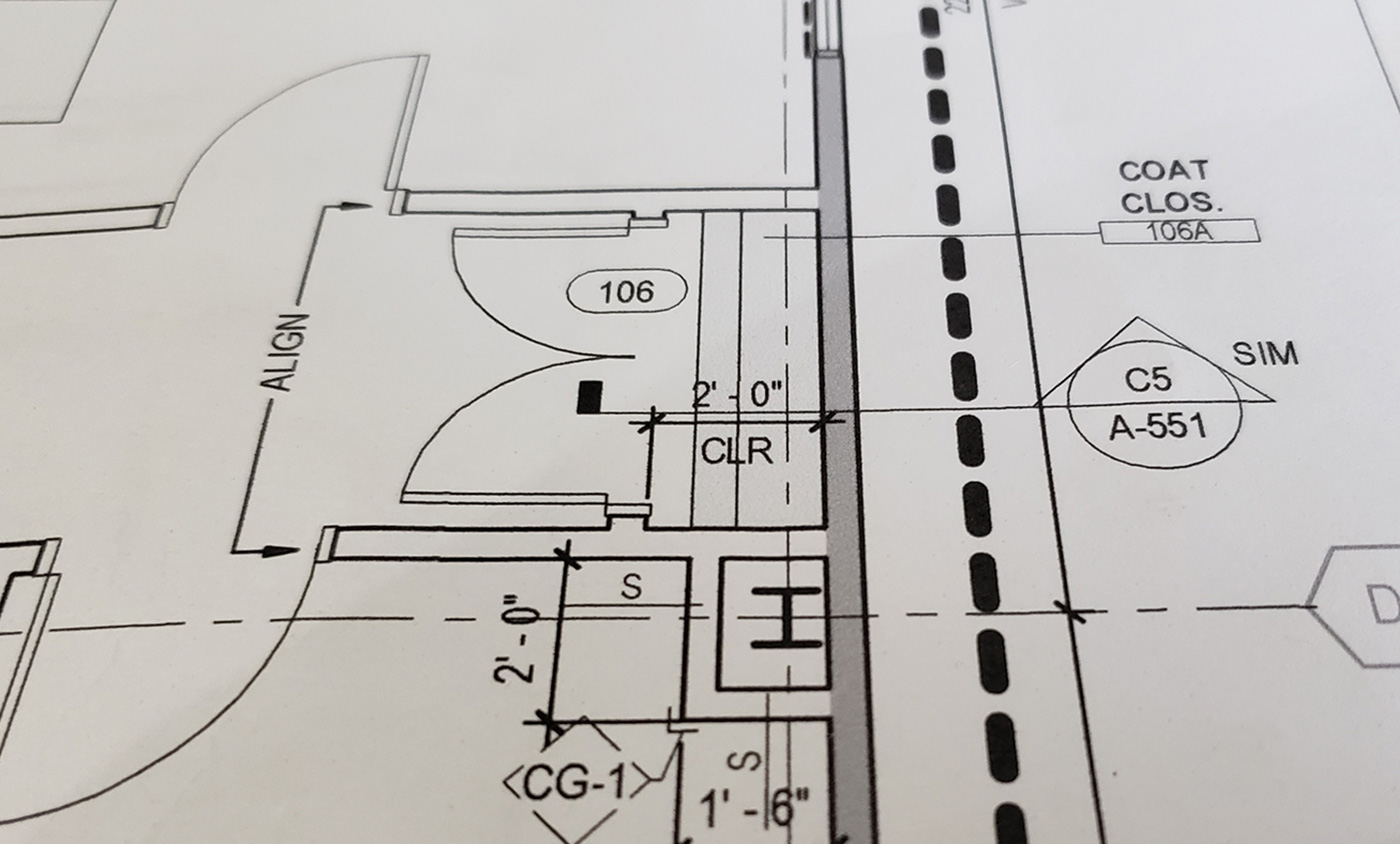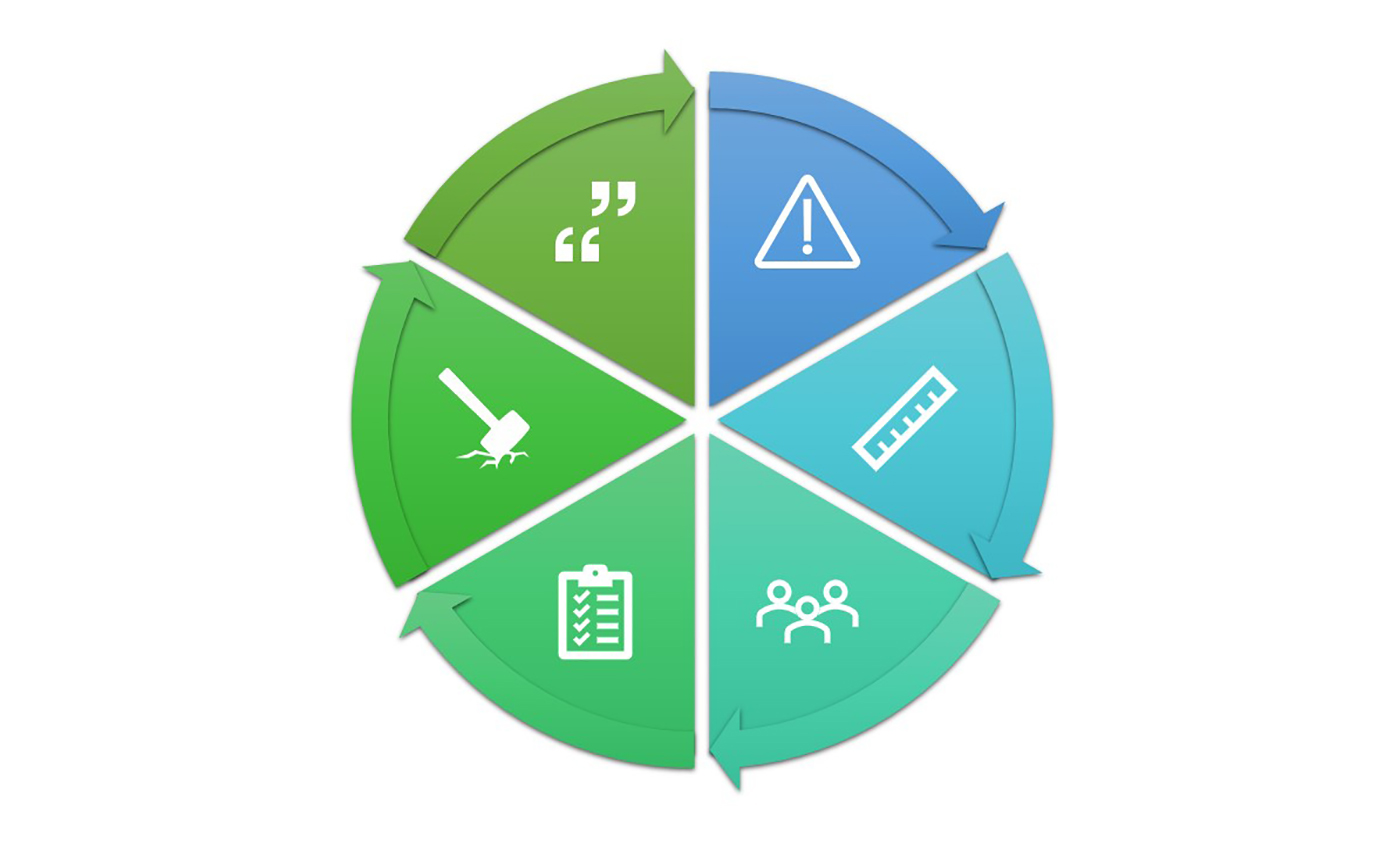Prioritizing Safety in Healthcare Construction Management
Meeting the demands of a population while ensuring safety and well-being

In the ever-evolving world of healthcare, the need for modern and up-to-date facilities is a constant requirement. From expanding hospitals to renovating clinics, construction management plays a vital role in ensuring healthcare infrastructure meets the demands of an ever-growing population. However, in the midst of the rush to build, it’s crucial not to overlook one essential aspect: safety. Healthcare construction management safety is not just about building facilities; it’s about protecting the well-being of patients, staff, and the community. So let’s explore several important considerations regarding the importance of safety in healthcare construction management and how to prioritize it.
- The Unique Challenges of Healthcare Construction
Healthcare construction projects are often complex, with unique challenges that set them apart from other construction endeavors. Factors like infection control, patient privacy, and maintaining ongoing healthcare services add layers of complexity to these projects. These challenges make safety an absolute priority, as mistakes or lapses can have dire consequences. - Regulatory Compliance
Healthcare construction must adhere to stringent regulations and guidelines set forth by various authorities such as OSHA (Occupational Safety and Health Administration), CDC (Centers for Disease Control and Prevention), and Joint Commission. These regulations address everything from construction dust control to noise management, all aimed at ensuring the safety and well-being of everyone involved. Construction managers must have an in-depth understanding of these regulations and ensure full compliance throughout the project. - The Role of Infection Control
In healthcare settings, infection control is paramount. During construction, there’s an increased risk of exposing patients and healthcare staff to harmful pathogens and contaminants. Strict protocols must be implemented, including negative air pressure systems, HEPA filtration, and strict worker hygiene measures, to minimize the risk of infection during construction activities. - Safety Training
Construction workers in healthcare settings need specialized training to understand the unique safety challenges they face. This training should include the proper use of personal protective equipment (PPE), infection control measures, and awareness of the healthcare facility’s safety protocols. Regular safety meetings and updates are also crucial to keep the workforce informed and vigilant. - Phased Construction
One effective strategy to minimize safety risks in healthcare construction is to implement phased construction. This means dividing the project into smaller phases and completing one before moving on to the next. This helps control infection risks, minimize disruptions, and allows the healthcare facility to continue functioning, ensuring the safety and well-being of patients and staff throughout the construction process. - Communication and Collaboration
Clear and open communication is essential in healthcare construction management. Construction teams, hospital staff, and healthcare professionals must work together seamlessly to ensure safety. This includes sharing information about construction schedules, infection control measures, and addressing concerns and challenges promptly. - Environmental Sustainability
Safety in healthcare construction management isn’t just about protecting human health; it also encompasses the environment. Utilizing sustainable building practices, materials, and energy-efficient systems not only reduces the carbon footprint but also contributes to a healthier, safer environment for patients and the community at large.
Conclusion
In the realm of healthcare construction management, safety is paramount. The consequences of neglecting safety can be severe, potentially endangering patients, staff, and the community. Prioritizing safety in healthcare construction management means understanding the unique challenges, complying with strict regulations, implementing infection control measures, providing specialized training, and fostering collaboration between all stakeholders. By doing so, we can build and renovate healthcare facilities that not only meet the demands of a growing population but also ensure the safety and well-being of everyone who interacts with these vital institutions.
About Parris Construction Management: Parris is a family-owned construction management company. We work with owners, property managers, architects and designers, and specialize in the construction of meaningful spaces for leading clients in healthcare, hospitality and education. We retain 100+ years of collective construction expertise, 30+ years of active buying experience in the industry and pride ourselves on delivering outstanding quality.














